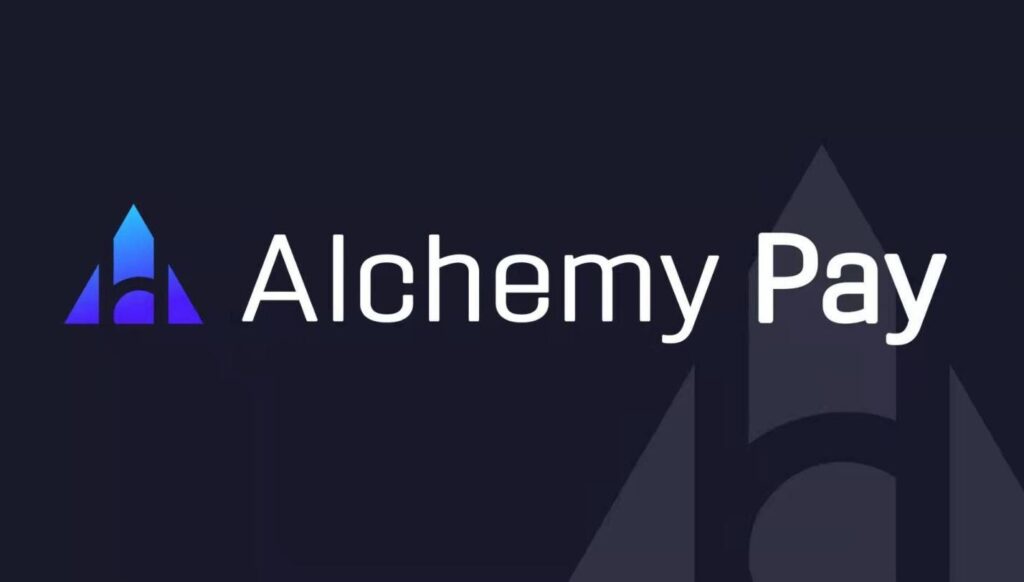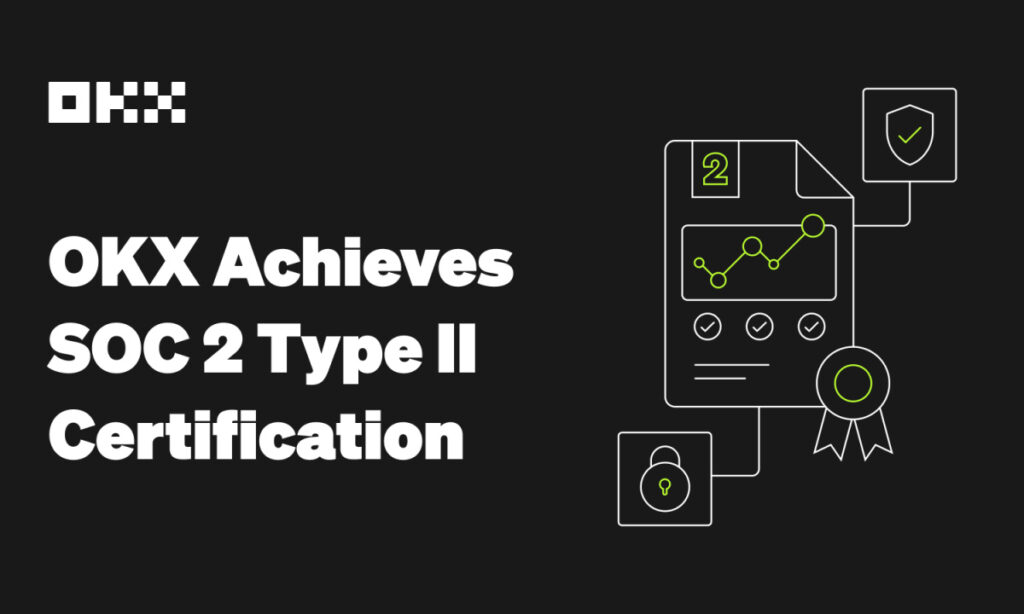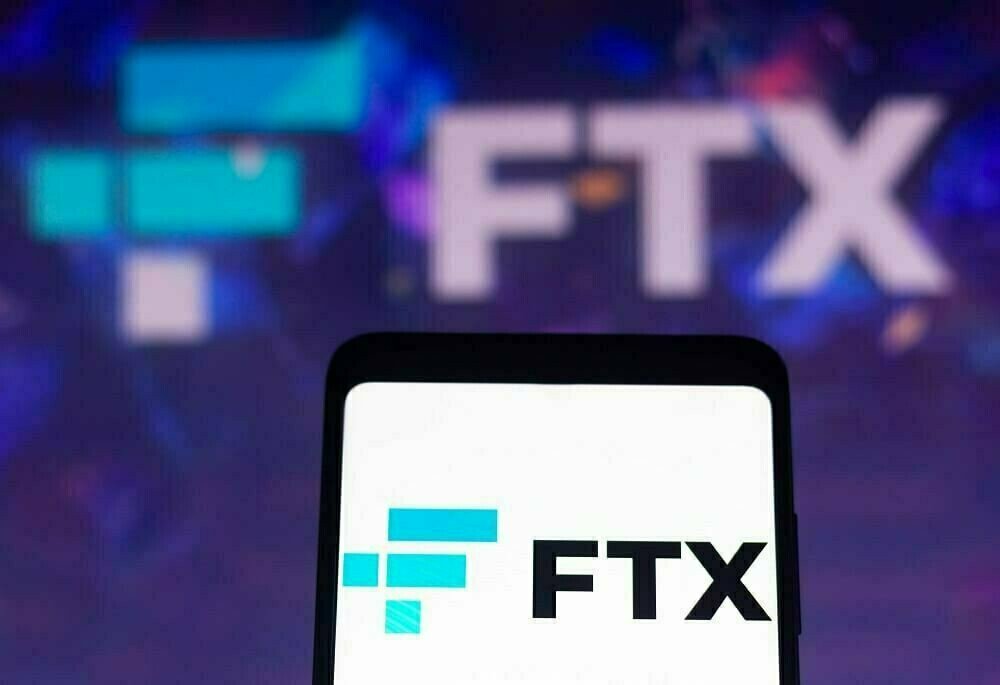The Securities and Exchange Commission’s (SEC) reluctance to approve the first Bitcoin Exchange-Traded Fund (ETF) has put immense pressure on Bitcoin’s price, causing distress among crypto investors.
Fortunately, TradeSanta offers automated trading tools connected to both spot and futures trading platforms, enabling traders to mitigate risks and capitalize on market downturns.
Throughout the year, Bitcoin made several attempts to establish a firm foothold above the $30,000 mark, all of which ended in failure.
As the year draws to a close, there is a growing concern that the cryptocurrency may continue trading below this critical psychological level.
One significant contributing factor to this sustained bearish pressure is the SEC’s ongoing delay in approving a spot Bitcoin ETF.
The SEC’s reluctance to approve Bitcoin ETFs has affected numerous applicants, including industry giants like BlackRock, which had initially encouraged other institutions to submit their applications.
Many asset managers, brokers, index fund providers, and other institutions have sought approval for a Bitcoin ETF to attract more institutional and retail capital to the crypto market.
Notable applicants include:
- BlackRock: The world’s largest asset manager, with $8.6 trillion under management, submitted its application for a spot Bitcoin ETF in mid-June, with Coinbase as its primary data provider and crypto custodian. The SEC accepted BlackRock’s application for review one month later.
- Fidelity: After being rejected in 2021, financial services giant Fidelity reapplied for its Wise Origin Bitcoin Trust to become an ETF in July of the current year.
- VanEck: An early applicant since 2018, VanEck rejoined the race for a Bitcoin ETF in July 2023, after previously withdrawing its application.
- ARK Invest: Investment management firm ARK has been awaiting SEC approval for its ARK 21Shares Bitcoin ETF since June 2021.
- Invesco and Galaxy Digital: These two firms joined forces to seek approval for the Invesco Galaxy Bitcoin ETF, a physically backed Bitcoin ETF with Invesco as the sponsor.
Numerous others, such as WisdomTree, Valkyrie Investments, Bitwise, and GlobalX, are also planning to launch Bitcoin ETFs.
However, at the end of August, the SEC delayed its decision on all these applications.
The SEC’s delay had a noticeable impact on the Bitcoin market.
READ MORE: FTX Files $157.3 Million Lawsuit Against Former Employees Over Alleged Fraudulent Withdrawals
By the end of August, Bitcoin was attempting to retest the $30,000 resistance level but faced a downturn due to the uncertainty surrounding ETF approvals.
This uncertainty pushed the price down to around $25,000, and in mid-September, it even broke below this level, marking the lowest point since mid-June when BlackRock’s filing had triggered a rally.
Despite bearish market conditions, active traders can find opportunities by opening short positions. TradeSanta’s trading bots and automation tools offer a way to do this efficiently and without emotional interference.
The platform provides algorithmic strategies and risk management controls, enabling traders to navigate market downturns effectively.
TradeSanta supports over 100 cryptocurrencies and integrates with major exchanges, simplifying the trading process.
Moreover, it offers technical analysis tools to help traders identify trends and market sentiment. With stop-loss and trailing stop-loss features, traders can minimize losses during bearish trends.
Additionally, TradeSanta allows for copy trading, enabling users to replicate successful strategies for maximum profitability.
Feedback and statistics indicate that TradeSanta’s risk management tools have been effective in helping users minimize losses and navigate volatile market conditions, offering a valuable resource for traders in challenging times.
Other Stories:
IRM Report Highlights Bitcoin’s Potential as a Driver of Global Energy Transition
Binance and CEO CZ Zhao Seek Dismissal of SEC Lawsuit Overreach









